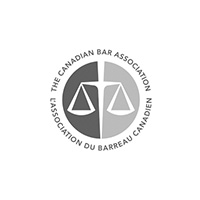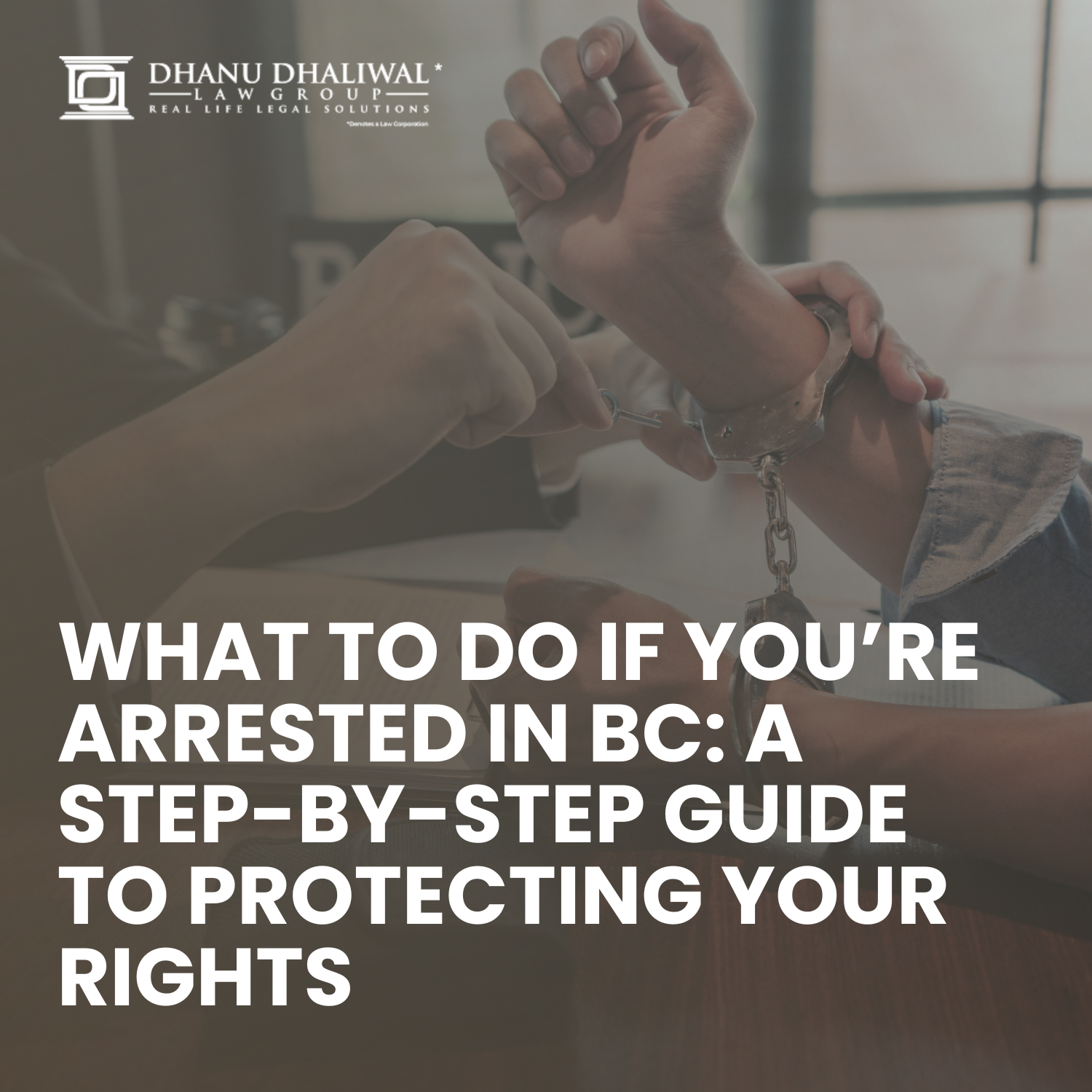What is domestic assault?
As defined by the Government of British Columbia, “domestic violence is not just about physical abuse.”
[Domestic assault] includes any form of violence within a relationship (marriage, common law or dating) – sexual, emotional, financial and psychological, including threats. Domestic violence can happen even after a relationship is over. Examples of abusive behaviour include threats, physical violence, insulting or degrading comments, destroying property or extreme jealousy.
A majority of domestic assault allegations result in charges of common assault, pursuant to s. 265 of the Criminal Code:
Assault
265 (1) A person commits an assault when
(a) without the consent of another person, he applies force intentionally to that other person, directly or indirectly;
(b) he attempts or threatens, by an act or a gesture, to apply force to another person, if he has, or causes that other person to believe on reasonable grounds that he has, present ability to effect his purpose; or
(c) while openly wearing or carrying a weapon or an imitation thereof, he accosts or impedes another person or begs.
Application
(2) This section applies to all forms of assault, including sexual assault, sexual assault with a weapon, threats to a third party or causing bodily harm and aggravated sexual assault.
Consent
(3) For the purposes of this section, no consent is obtained where the complainant submits or does not resist by reason of
(a) the application of force to the complainant or to a person other than the complainant;
(b) threats or fear of the application of force to the complainant or to a person other than the complainant;
(c) fraud; or
(d) the exercise of authority.
Accused’s belief as to consent
(4) Where an accused alleges that he believed that the complainant consented to the conduct that is the subject-matter of the charge, a judge, if satisfied that there is sufficient evidence and that, if believed by the jury, the evidence would constitute a defence, shall instruct the jury, when reviewing all the evidence relating to the determination of the honesty of the accused’s belief, to consider the presence or absence of reasonable grounds for that belief.
What happens if you are charged with domestic assault in BC?
Domestic assault charges are taken very seriously by police and prosecutors. In British Columbia, there is a zero tolerance policy with respect to any form of domestic violence.
Being charged with domestic abuse can affect your job, family, and current or future career.
Depending on your line of work, your employer may be legally allowed or even required to terminate your employment due to domestic assault charges, even though they occurred outside of work. This can also affect future employment, since if found guilty, you will have a criminal record.
Being charged with domestic abuse can also lead to a criminal record, restrictions on your freedom, and in some cases, you can go to jail.
The exact outcome of your case will depend on a variety of factors. It is important to remember the potential consequences of a domestic assault charge and to understand just how severe the punishment is for these types of crimes.
Your Next Steps If You Were Charged With Domestic Assault
You need to talk to a criminal lawyer. This is a serious charge.
The Criminal Lawyers at Dhanu Dhaliwal Law Group (DDLaw) are well positioned to deal with all of the repercussions of a domestic assault charge.
Former Crown Prosecutor and co-founder of DDLaw, Rob Dhanu, can help you get the best possible outcome to your case. He will gather his team of criminal lawyer associates who will then craft the best strategy forward to get the best outcome for you.
Then, we will make every effort to return you to a sense of normalcy as soon as possible.
Our goal is to always strive for a resolution which does not result in a criminal record. We are successful in this regard in the vast majority of cases.
Contact the offices of Dhanu Dhaliwal Law Group today to get an initial case evaluation.
















